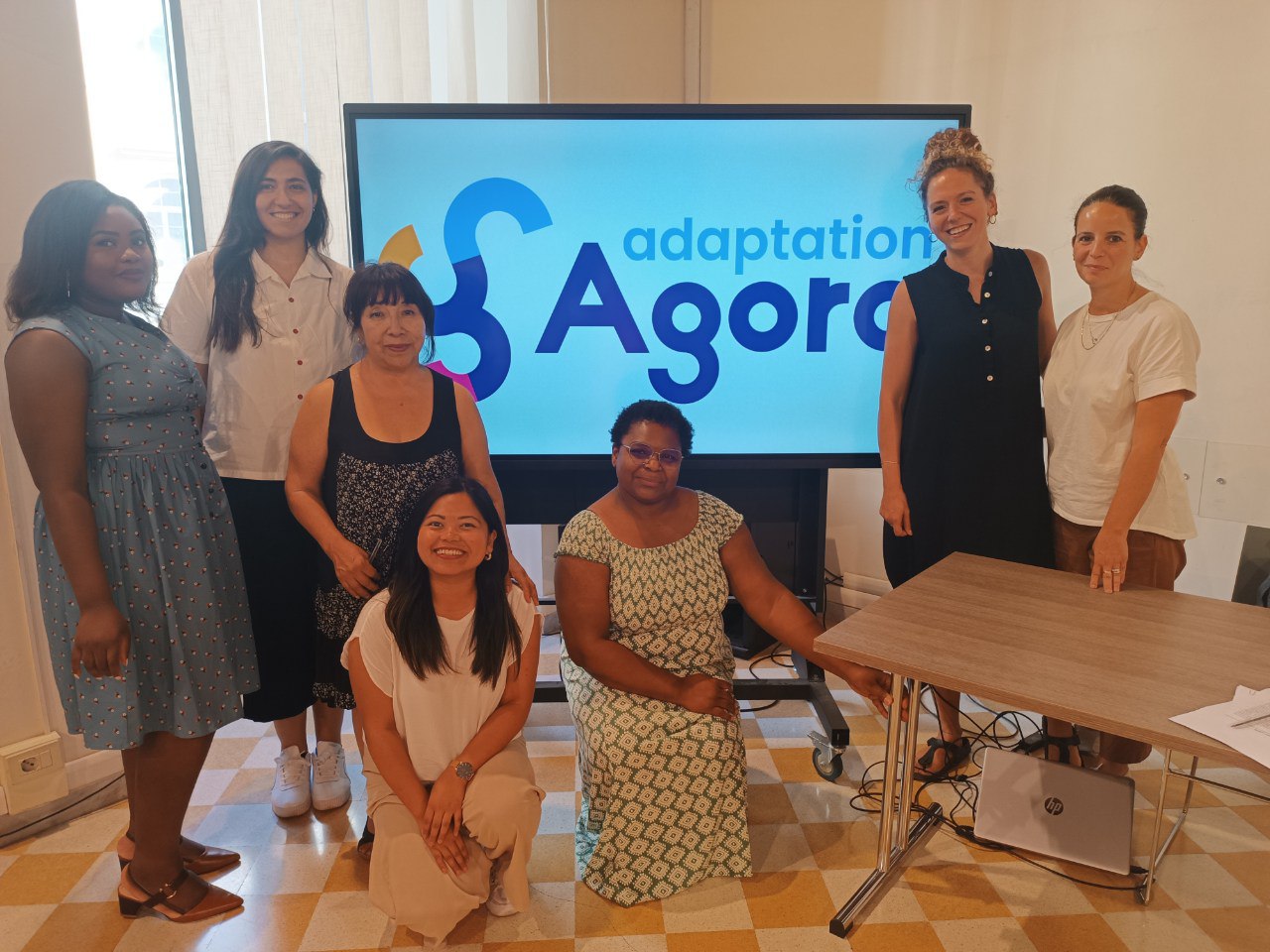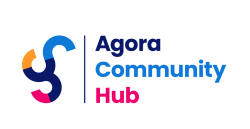Second Focus Group in Italian Pilot – Multicultural Communities

This case study is part of the Italian pilot case study within the AGORA project. AGORA promotes societal transformation to empower local communities to address the climate crisis and aims to achieve this through a multidisciplinary, integrated approach and four pilot studies in Europe.
AGORA is a HORIZON Europe project started in January 2023. It supports the EU Mission on Adaptation to Climate Change.
Summary
The second focus group in a series conducted by the AGORA project explores the perception of climate change and its impacts on urban citizens. Six participants came together and shared their personal experiences of climate change, identified soft adaptation measures for local communities, and create involvement methods for younger generations.
Introduction
Building upon the first focus group, a second was held in Rome on June 12th, 2024. Like the first, this focus group investigated the perception of climate change and its impacts. 6 participants joined this focus group at the CVS Lazio ETS – Centro di Servizio per il Volontariato.
Methodology
The event coordinator, Marta Ellena a CMCC researcher, began the event with introductions, in which each participant spoke of where they were from, their occupation and what brought them to live in Rome. The question was then asked, ‘How does climate change affect your life?’. Participants answered that most of them had first heard about climate change in the 1970’s, but today the impacts are more widespread and it is discussed more frequently. They also mentioned that new issues like ‘eco-anxiety’ and ‘negationism’ have become prevalent. Some impacts of climate change that the group mentioned included flooding and impacts on mobility that occur during heavy rains.
The second activity used the Think, Pair and Share method, where participants first brainstorm solutions individually, then in pairs and then present their ideas to the group. The participants were divided into 2 groups and were asked to choose the best solutions to tackle climate change at the local level from a list of soft adaptation measures. Soft adaptation measures can include changes to daily lifestyle, raising awareness, implementing policy, and others. From this exercise, participants identified the importance of multilingual information campaigns that use non-specific language to allow environmental issues to be understood by the average, non-expert citizen. Participants also emphasized economic empowerment for businesses and management of Rome’s green areas as effective soft adaptation measures.
The last activity involved the co-evaluation of involvement methodologies using the “1-2-4-All-How” mode. This had the participants pair off and identify and then share with the group some ideas for involvement, specifically focusing on educational programs geared towards younger generations. Methods identified by the group were organizing outings during school camps, planting trees, and taking care of the environment. This activity showcased a strong focus on the community dimension in assessing the impacts of climate change and in discussing and identifying shared solutions

Next Steps
This event was the second in a series of focus groups being conducted in the Italian pilot. These focus groups aim to explore the issue of climate change adaptation in urban environments. Following the ending of the series, a concluding workshop will be held to draw conclusions from the discussion with citizens carried out by the AGORA project in Rome, thanks to the collaboration of the Rome Municipality Climate Department.

Comments
There is no content